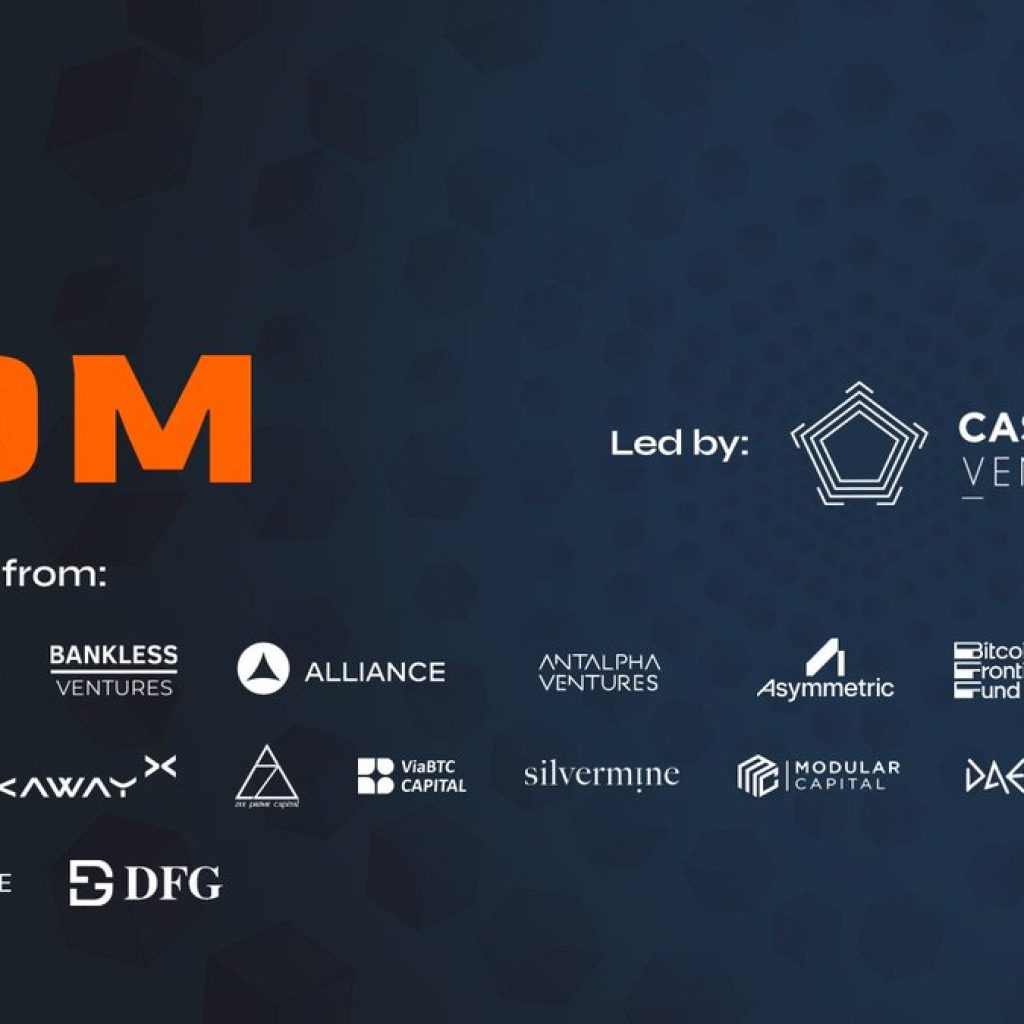Brazil is at the forefront of a new era in digital identity verification, leveraging blockchain technology to revolutionize their identification systems. This strategic move is driven by the pursuit of enhanced security, efficiency, and streamlined processes for their respective populations.
In Brazil, the government has unveiled plans to integrate blockchain technology into its national identity program, with Rio de Janeiro, Goiás, and Paraná taking the lead in this pioneering initiative.
Serpro, Brazil’s national data processing service, is spearheading the development of a private blockchain platform that will underpin the revenue service’s shared registry known as b-Cadastros.
This blockchain network will facilitate the search, issuance, and modification of new ID cards and tax registration numbers.
Blockchain In National Identity Program Of Brazil
Alexandre Amorim, the president of Serpro, underscores the pivotal role of blockchain technology in Brazil’s digital identification project, highlighting its immutability and decentralization as key attributes.
The cornerstone of this effort is the National Civil Identity Card (ICN), an advanced replacement for Brazil’s traditional paper ID cards. The key motivation behind this project is to centralize the nation’s civil identification system and utilize the ICN database for user authentication when accessing online public services.
The new ICN card is a plastic card that enables users to generate a secure digital version, complete with a printed QR code for validation.
Unification Of identity Issuance Across States
Beyond individual security and convenience, the national ID project in Brazil holds strategic importance in combating organized crime, promoting intergovernmental collaboration, simplifying service access, and streamlining administrative records.
Moreover, adopting blockchain technology facilitates data exchange among government departments, notably the Federal Revenue, a significant step toward unifying identity issuance across Brazil’s diverse landscape of nearly 30 states.
Meanwhile, in Buenos Aires, Argentina, a parallel initiative has been revealed, allowing residents to access essential identity documents such as birth certificates, marriage records, and academic verifications through a digital wallet.
This project relies on QuarkID, a solution developed by the Web3 firm Extrimian, and leverages zkSync Era, an Ethereum scaling protocol based on zero-knowledge rollups.
Guillermo Villanueva, CEO of Extrimian, highlights the monumental significance of this development for Latin American governance. He emphasizes that this initiative has the potential to set a benchmark for integrating blockchain technology for the public welfare.
Featured image from iStock





